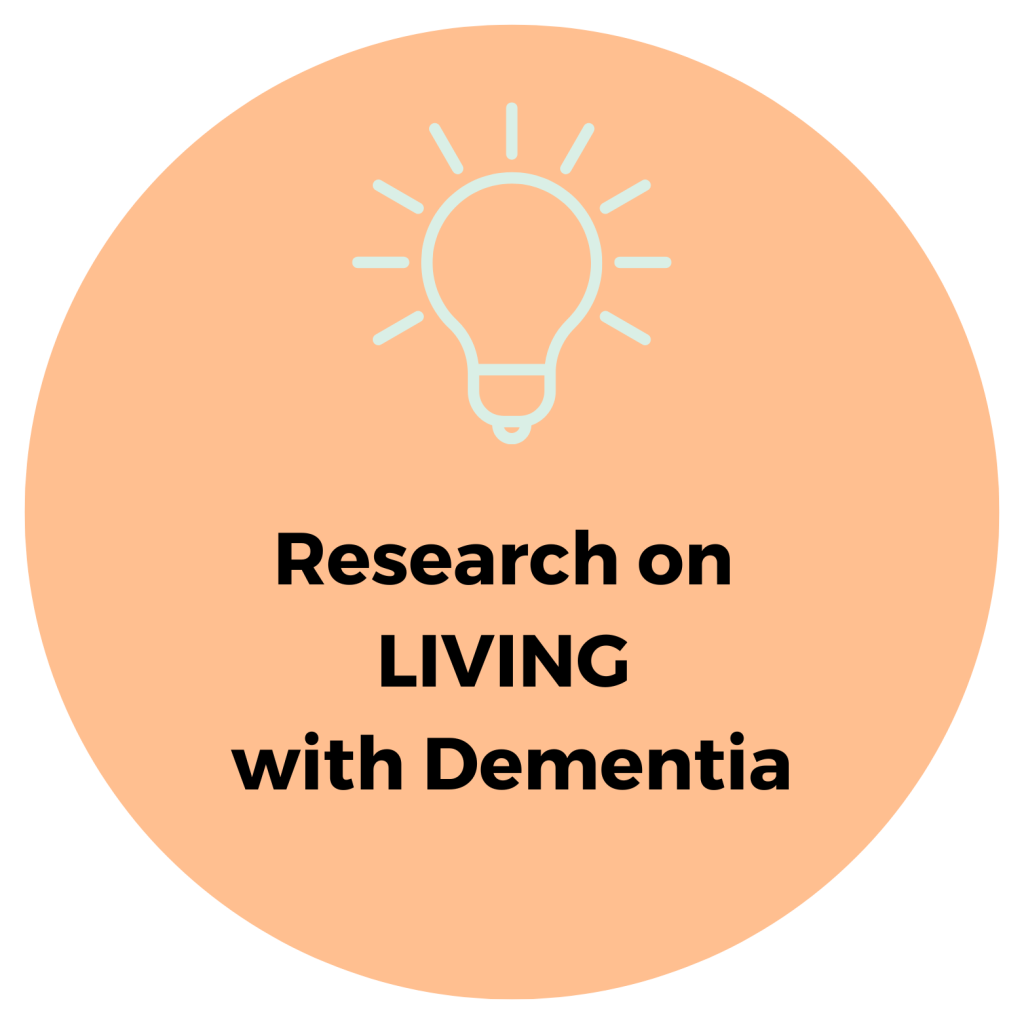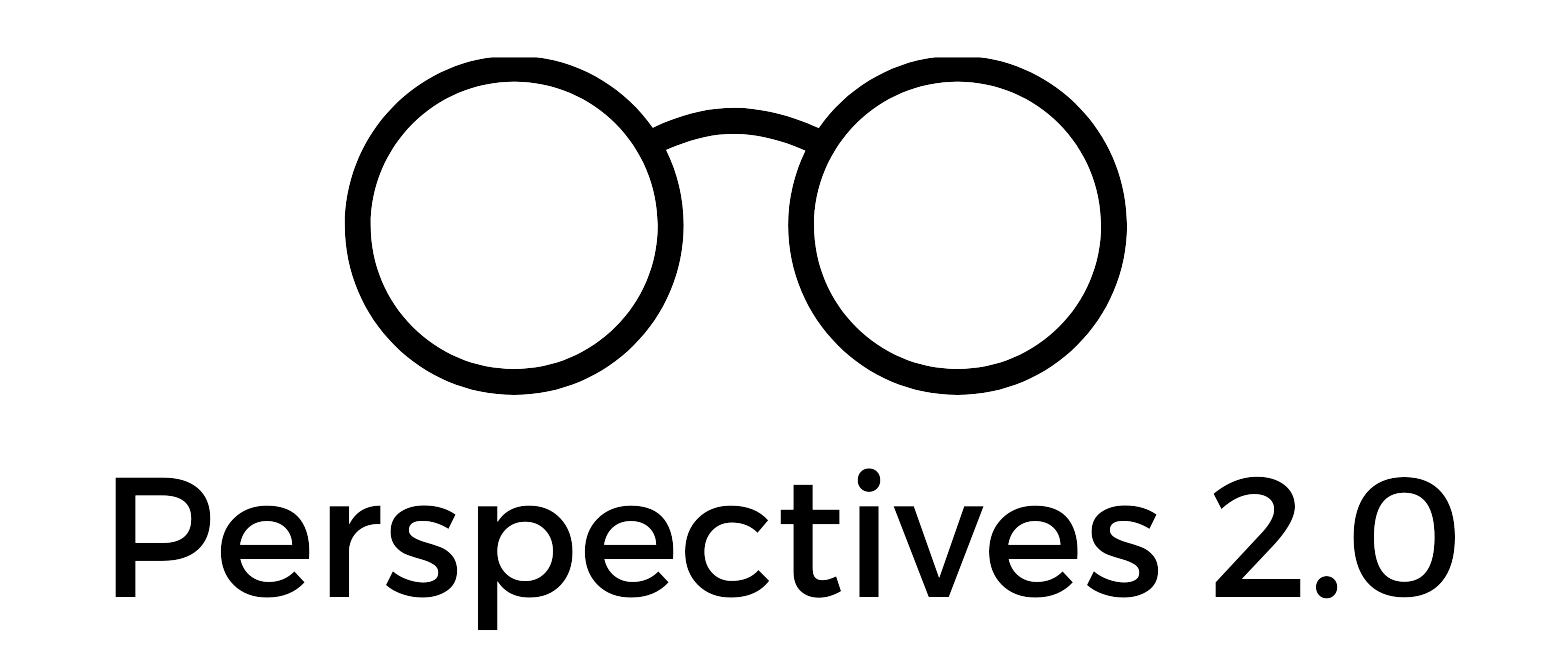
When one thinks of “dementia research” the first thing that might come to mind is medical research – maybe studies that look at medications or other treatments for the various causes of dementia. This type of medical research is certainly important. And, there are a lot of other studies about dementia out there, particualrly non-medical research. Bottom line, as the experience of living with dementia is “more than medical”, research is also “more than medical”.
In Perspectives 2.0 we will focus on non-medical research that looks at LIVING with dementia.
An example of this is a research project, called Improving the Experience of Dementia and Enhancing Active Life (IDEAL), which ran from 2014 through 2022.
There were many studies that came out of IDEAL. One study looked at how three types of psychological resources – self-efficacy, optimism and self-esteem – were related to whether a person might live well with dementia. Self-efficacy means person’s belief in their ability to cope. Self-esteem refers to feelings of self-worth. And optimism refers to the tendency of a person to expect positive outcomes. Whether a person was living well with dementia was measured through how they rated their quality of life, well-being, and life satisfaction.
In plain language, the study found that having a good sense of self-efficacy, optimism and self-esteem could help a person to live well with dementia. This might not be surprising to some people. This also dispels any myths that people living with dementia lack emotional capabilities. These results confirm that there are things people CAN do to live well with dementia, and also remind us that “treatment” for dementia could also include people building their self-efficacy, optimism and self-esteem so that they can better live with dementia.
From the article “Psychological predictors of ‘living well’ with dementia: findings from the IDEAL study”.


